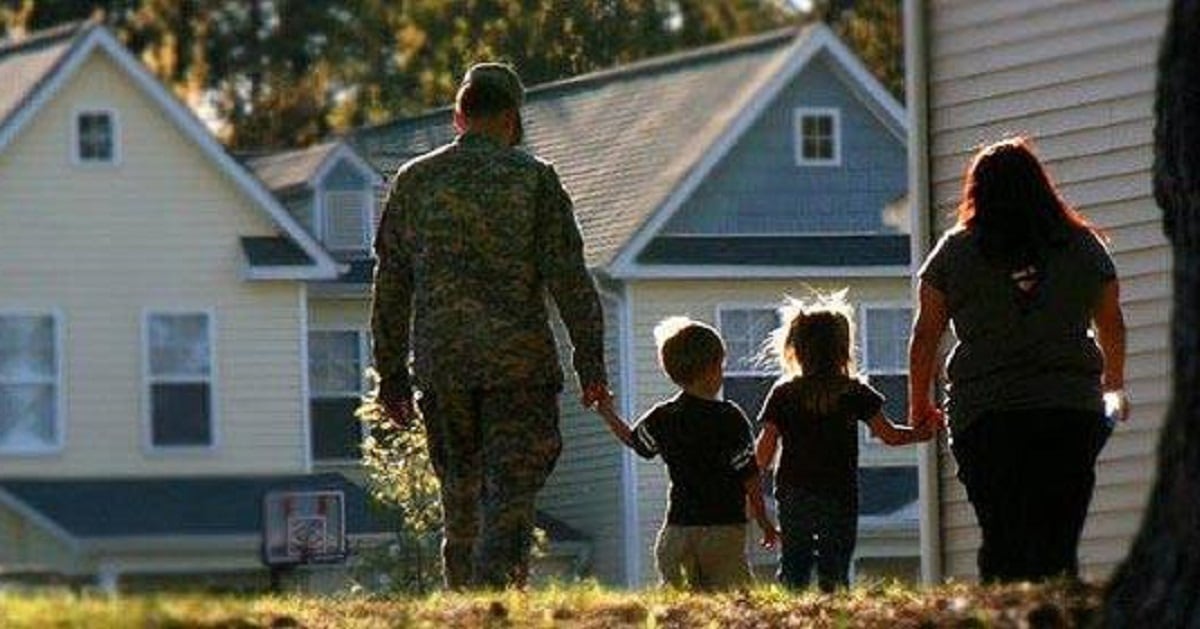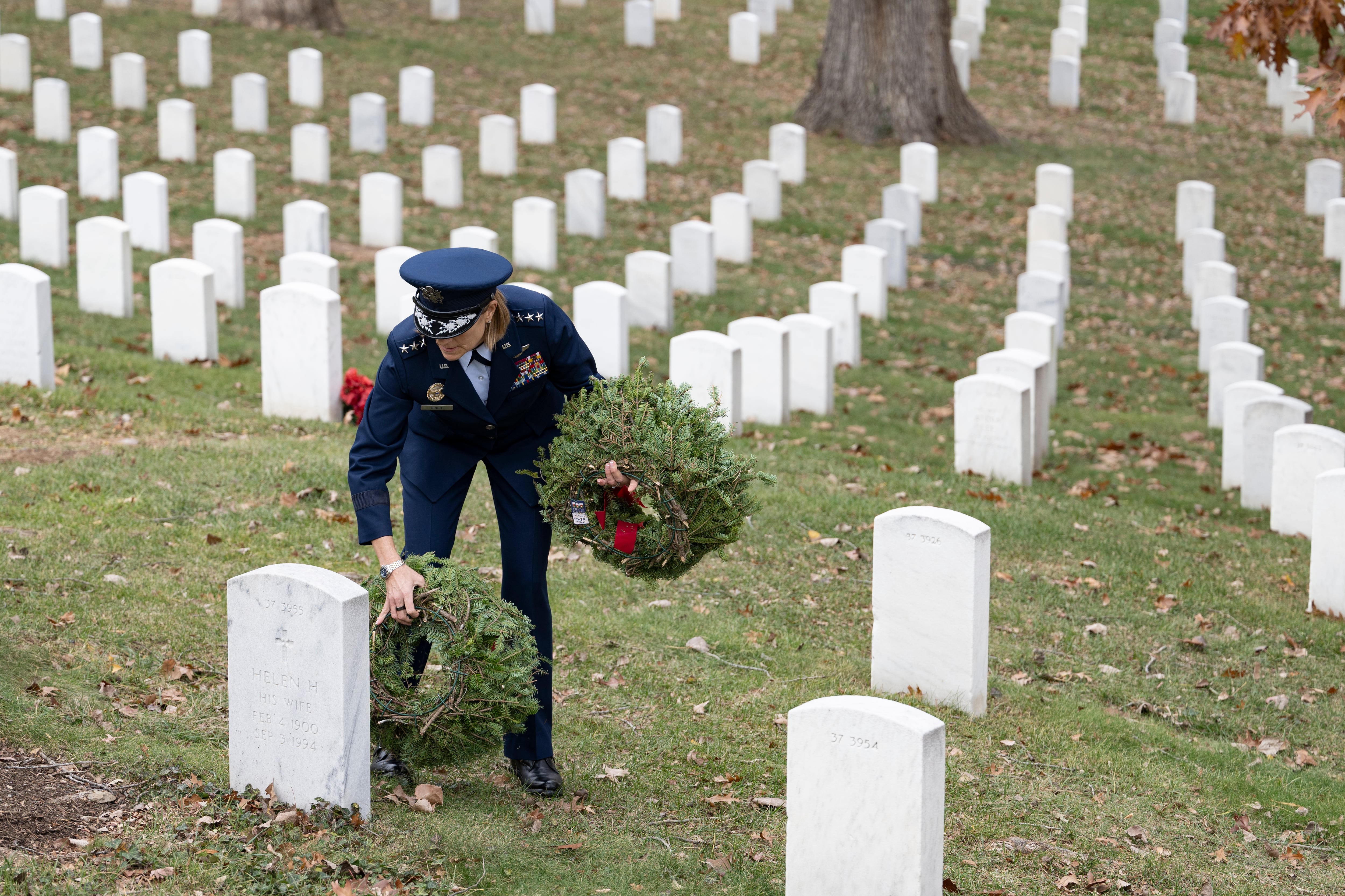The academic performance of students in states with large populations of military-connected students varies "dramatically," according to a new study about the challenges that affect military children's education.
Because of the importance military families place on the education of their children, this forces some difficult decisions — such as choosing a long commute in favor of a better-performing school district farther from base.
Researchers with the Lexington Institutethink tank looked at four states with large concentrations of active-duty military personnel who have children in public schools — Colorado, Missouri, North Carolina and Virginia. It focused on national and state test scores of school districts with large numbers of military children near installations in those states.
In Missouri, for instance, students at one of the two school districts serving most students connected with Whiteman Air Force Base significantly outperformed state averages in both fourth-grade reading and eighth-grade math in the state's assessment program, but those at the other showed much lower math scores. In Virginia, some school districts near military installations, such as Norfolk City, "substantially trail student outcomes statewide," researchers said.
Among the solutions proposed by the study, which was sponsored by the Collaborative for Student Success, a nonprofit that works to improve public education and supports the implementation of Common Core State Standards:
- Continued strengthening of comparable content standards, to help lessen the educational disruptions for military students when they move. "Many states are already heading in this direction by incorporating Common Core State Standards or standards that are markedly similar," the researchers noted.
- Policies that would allow military families to send children to school in a nearby district, not just the one in which they live. Laws in Missouri and Virginia, for example, do not allow such open enrollment.
- Full implementation of the Interstate Compact on Educational Opportunity for Military Children, which is designed to resolve education transition issues. "While all 50 states have adopted the compact, few have truly integrated it into their state policymaking and systems of support like Virginia," researchers stated.
- A high prioritization of family education concerns by military leaders whenever possible. One example: Working to improve the timing of personnel transfers to minimize education disruptions.
"Obviously this is a very important topic to military families. We need to look at best practices for supporting military kids as they move from state to state and make sure they are adopted by school districts everywhere," said Eileen Huck, deputy director of government relations for the National Military Family Association, who also agreed with researchers' conclusions regarding "the importance of high, consistent academic standards."
The study doesn't compare test scores specifically of military students — a 2015 federal law which requires a military student identifier hasn't yet been implemented, and initial results from that legislation will be available a few years down the road. Huck said full implementation of that law will help future studies like this one, providing "more reliable data to draw from."
"The inconsistencies in education for military-connected students cluster around four key areas: access, standards, supports, and policies," said Don Soifer, co-author of the report and executive vice president of the Lexington Institute, in a statement describing the findings.
Many military children face multiple moves during their school year from kindergarten through 12th grade and uneven educational offerings from one location to another, as well as other issues, such as frequent deployments of parents.
"Military families face many challenges while serving their country. The quality of educational options — including the availability of high, consistent standards, and states and districts that are able to support them — shouldn't be included in that list," said Jim Cowen, executive director of the Collaborative for Student Success, in a statement.
Karen Jowers covers military families, quality of life and consumer issues for Military Times. She can be reached at kjowers@militarytimes.com
Karen has covered military families, quality of life and consumer issues for Military Times for more than 30 years, and is co-author of a chapter on media coverage of military families in the book "A Battle Plan for Supporting Military Families." She previously worked for newspapers in Guam, Norfolk, Jacksonville, Fla., and Athens, Ga.





